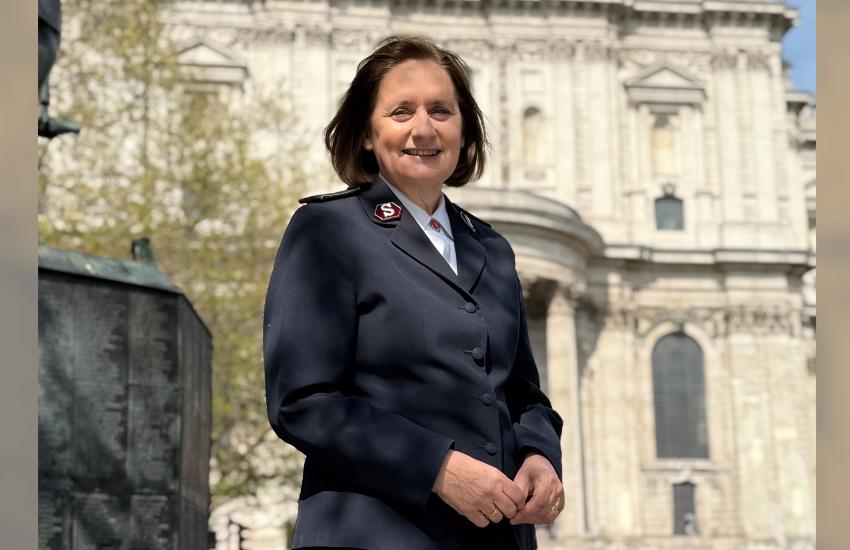THE Salvation Army in South Africa has teamed up with the United Nations World Food Programme (UNWFP) to help distribute food to more than 150,000 people in Lesotho.
Since November last year the Lesotho emergency team, led by Major Andrew Mohloaghae (Project Manager) and Captain David Widdowson (Southern Africa Territorial Emergency Services Coordinator), has been responsible for feeding vulnerable people in the Butha Buthe area in the northern part of Lesotho through monthly distributions of basic food items.
Every month the situation has grown worse. Crops continue to fail in the fields, due to the extreme variation of weather conditions. Added to this, with the increase of HIV/Aids many people have become too weak and ill to plant their crops.
Through The Salvation Army’s programme the number of people being fed has increased enormously from 3,000 in the first month to 39,465 in April this year. The teams will be feeding an estimated 50,000 people in Butha Buthe in May and in June this figure is due to increase still further as a new partnership agreement takes effect.
In addition to the Butha Buthe area, The Salvation Army has agreed to take responsibility for the Mafeteng region in Central Lesotho. The UNWFP have been operating in this area since October 2002 but have requested the support of The Salvation Army.
The Salvation Army has agreed to take this over in three phases, commencing in May, when the emergency team will be feeding around 35,000 people. In June another 35,000 people will be added and then a further 30,000 will bring the total number of people being fed in this area to 100,000 in July. By July of this year, the Lesotho famine relief programme will be responsible for feeding 150,000 people across the country.
Captain Widdowson reports, ‘We have had to increase our resources to facilitate the increased feeding programme. I had no idea that we would be affecting the lives of so many people in such a short time and it is a great opportunity to share in the practical aspects of mission and ministry in Lesotho.’
It is hoped that there will be enough local crops at harvest time to sustain some areas for three months. However, there is a very strong possibility that the feeding programme will need to continue until June 2004.
The International Emergency Services office in London has released US$100,000 to facilitate the expansion of this much-needed programme.
29 April 2003




